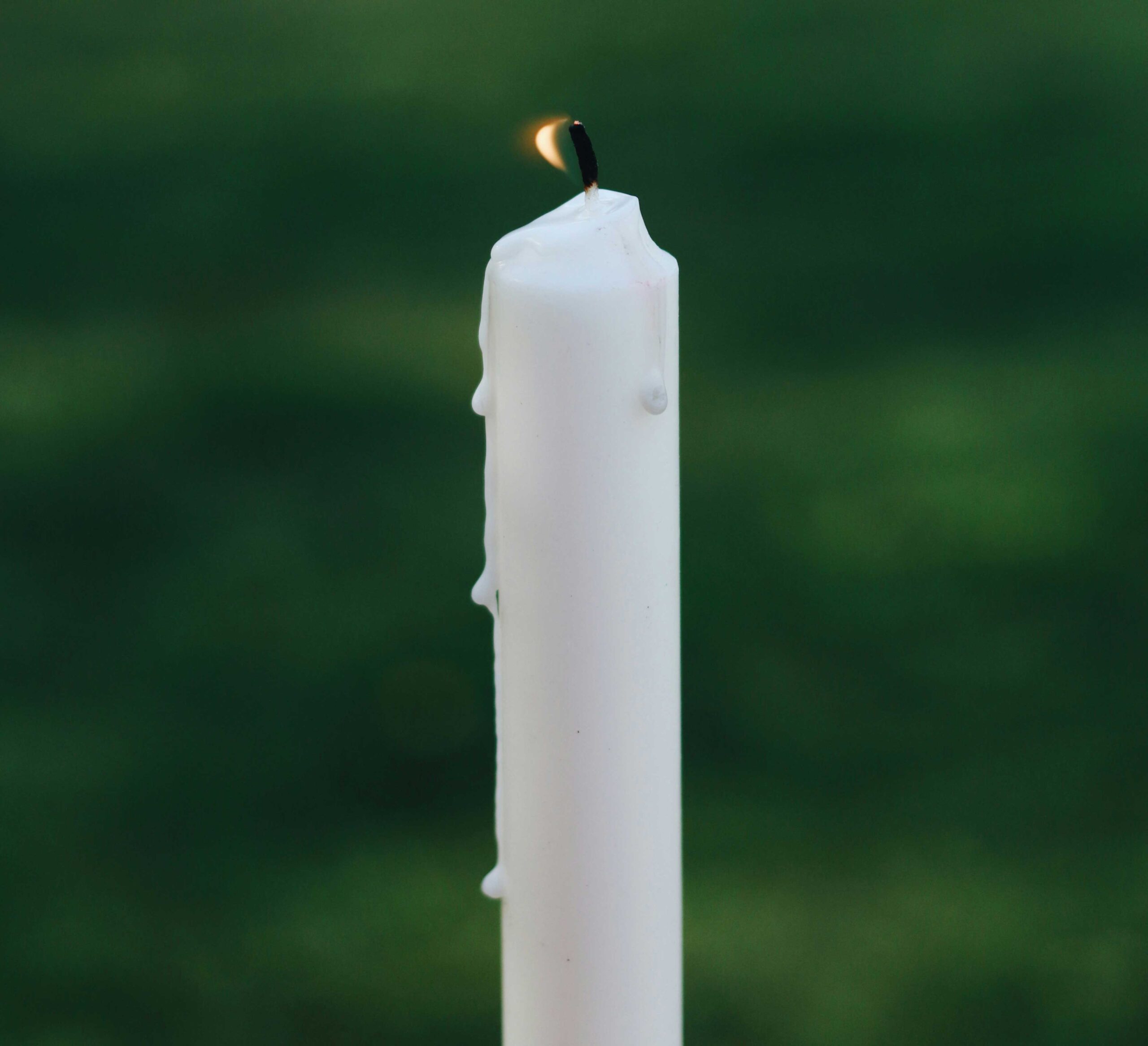Are you grieving?
That tells me you have loved.
Grieving shows us that love has been a part of our lives. You may be feeling lost and wondering “what now?” or “where do I go from here?” These questions are normal to have and wrestle with after the loss of a loved one. The healing process can start by first understanding your experience.
Understanding grief
Grief is something we experience after someone we love dies. It’s a complex and individual process that unfolds differently for everyone and does not occur in a linear progression. There can be a multitude of feelings and to varying degrees, such as shock, guilt, fear, anger, emptiness, loneliness, anxiety, depression and stress. Furthermore, grief not only affects us emotionally, but also physically, mentally, socially and spiritually. It’s common to experience disruptions in sleep, appetite, levels of concentration, changes in relationships and to question and reevaluate beliefs and values after a loved one dies. There are also many factors that can influence how a person grieves, such as the relationship to the deceased, the circumstances of the death and the griever’s personality, cultural and religious beliefs and support system. Each person’s grief journey is unique and it’s important to remember that there is no right or wrong way to grieve.
Understanding the difference between grieving and mourning
Many people use the words ‘grieving’ and ‘mourning’ interchangeably, and although similar, there is a distinct difference. Grief is all of the internal thoughts and feelings one has after a loved one dies. (Your internal experience.) By contrast, mourning is the outward expression of those thoughts and feelings. Everyone grieves, but not everyone mourns. Healing happens in the mourning—when we allow ourselves to process and express our grief as opposed to suppressing it and keeping all of our thoughts and feelings inside. Recognizing this difference between grieving and mourning can aid in your healing journey by offering a more comprehensive and balanced approach to coping with loss.
Letting it out in small doses
Grief can be overwhelming, so finding ways to express grief in small, manageable doses helps it to not feel all-consuming. Allowing yourself to process your emotions gradually can help prevent emotions from being bottled up or suppressed, which leads to increased distress in the long run. It’s okay to experiment with different strategies of expression until you discover what resonates with you. Strategies and outlets of expression can include crying, physical movement, talking with someone you trust, immersing yourself in creative expression, such as art or music, journaling and sharing memories of your loved one. Finding ways to engage in acts of memorialization to honor your loved one can also be an effective way to “dose” your grief. Some examples of memorialization can include creating a memory book, hosting a memorial event, planting a memorial tree or garden, or donating to a charity or a cause that was meaningful to your loved one. Creating your own way to honor your loved one offers a meaningful expression of love and remembrance.
Practicing self-care
Grief is an all-encompassing experience; it takes a toll on our hearts, minds and bodies. Because of this, it is important to prioritize self-care. Sometimes it can help to proactively create a self-care routine that includes activities that target your physical, emotional and mental well-being. Taking breaks, setting aside time to spend in nature, engaging in hobbies and activities you enjoy, reading a good book or listening to calming music are all things that can provide a sense of comfort and solace during the grieving process. It’s important to offer yourself grace and not to judge where you are in the grieving process. Healing takes time and it’s okay to allow yourself to heal at your own pace.
Seeking support
Navigating the ups and downs of grief is not meant to be done alone; it’s essential to lean on support networks and loved ones during this challenging journey. Consider joining a support group with other grievers who can relate to what you’re going through or participate in a club, group or community with shared interests or values. Reach out to someone in your support system or to someone you haven’t talked to in a while. With time and patience, healing through the practice of mourning (outward expression), self-care and support gradually soothes the ache of loss and helps you find a new sense of normalcy. Taking the time to go through the grieving process reminds us that healing is possible and that joy and peace are still within reach. You may feel alone but you do not have to be alone — Tobin Counseling Group is here to support you through your grieving process.




